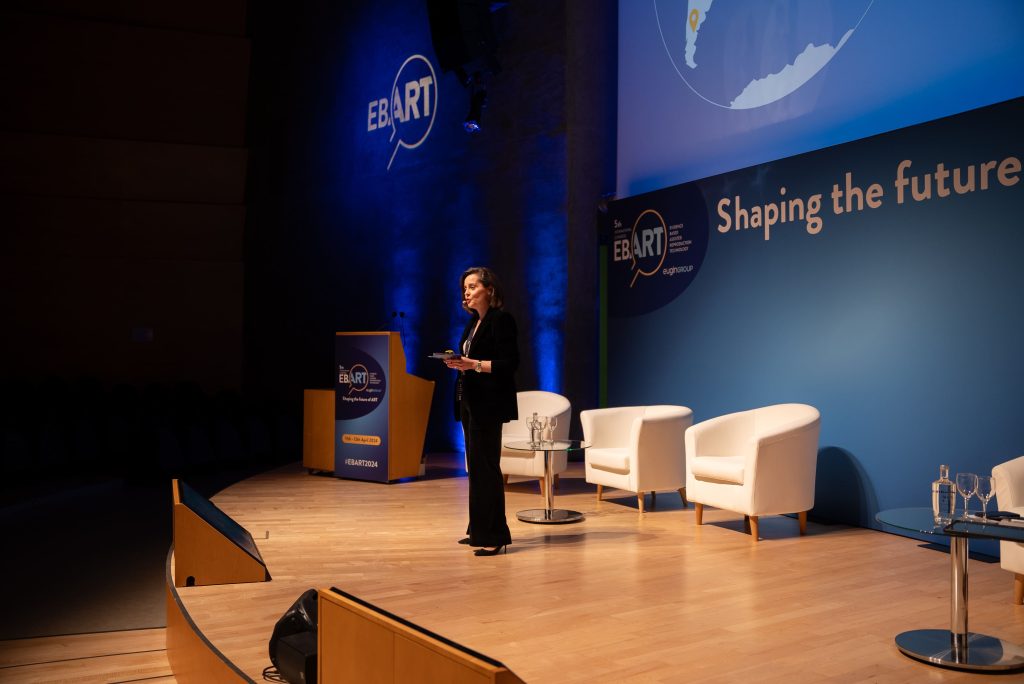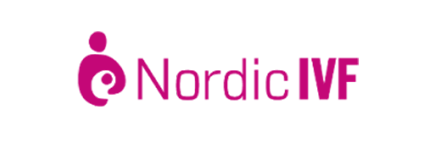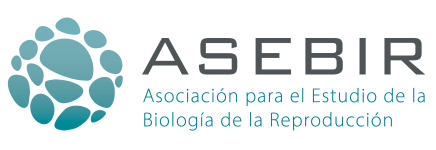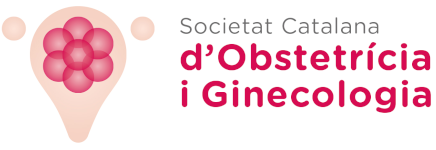Past editions
#EBART2024
More than 1,500 attendees took part in EBART 2024

The fifth edition of the international EBART (Evidence-based Assisted Reproduction Technology) Congress, organized by the Eugin Group, brought together around 500 professionals in Barcelona alongside up to 1,000 virtual participants over two days, concluding on April 12, 2024.
The programme featured 25 presentations and 8 round tables covering the latest advances in reproductive medicine, from treatment personalization to non-invasive embryo selection and emerging challenges in the field.
“For us, innovation isn’t just about the next big breakthrough, but about creating a future where fertility challenges are met with solutions that are both effective and sensitive to each individual’s needs. It’s about building a world in which every path to parenthood is supported by the best that science and medicine can offer,” explains Dr Amelia Rodríguez-Aranda, Medical Director at the Eugin Group.
“This fifth international EBART Congress serves as a critical platform for reflection and dialogue, positioned at the intersection of innovation, ethics and future possibilities in assisted reproduction. At EBART 2024 we not only showcased the latest ART techniques, but also opened the doors to the future of fertility care, shaping the modern landscape through collaboration and ethical reflection.”
During the “Frontiers of Tomorrow” session, embryologist Dr Nuno Costa Borges highlighted two key visions for automation in embryology laboratories: “Through automation, we could replicate or enhance routine laboratory tasks, achieving greater consistency in results, increasing the safety of treatments and making fertility care more accessible to all patients. Moreover, these processes wouldfree up time to develop and implement new technologies that tackle more complex cases beyond the reach of conventional techniques.”

What topics were discussed?
For its fifth edition, EBART structured the debate into five major themes:
- Artificial intelligence and laboratory automation, exploring how intelligent systems can standardize workflows, make treatments safer and therefore more accessible.
- Personalization of fertility treatments, tailoring protocols to each patient’s unique profile.
- Precision in genetic fertility diagnostics, improving accuracy in pre-treatment screening.
- Non-invasive embryo selection, optimizing pregnancy potential and addressing the future challenges that arise in this area.
- Ethical and practical challenges of emerging ART techniques, weighing benefits and considerations in a rapidly evolving environment.
Experts from Spain, Belgium, Sweden, Italy, Ireland, Portugal, Argentina, Turkey, the United Arab Emirates and the United States took part in this comprehensive dialogue, examining each advance through both ethical and practical lenses to help shape the future of assisted reproduction.














